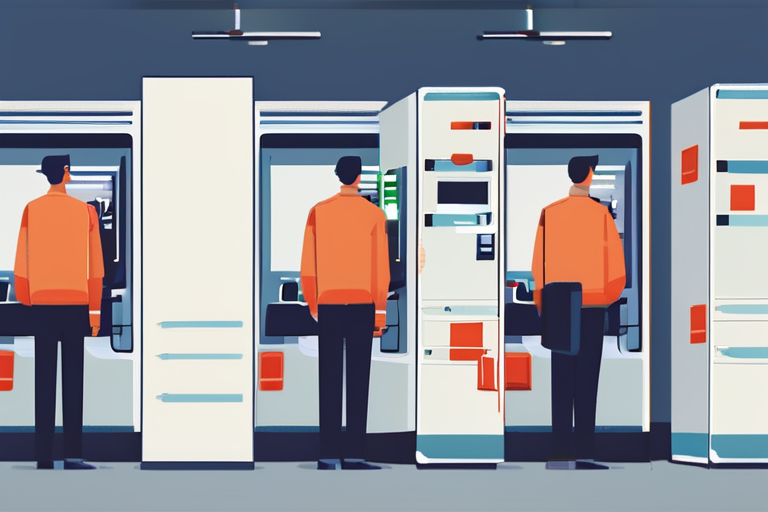AI-Driven Job Displacement: Entry-Level Tech Roles Vanish Amidst Automation Surge


Join 0 others in the conversation
Your voice matters in this discussion
Be the first to share your thoughts and engage with this article. Your perspective matters!
Discover articles from our community

 Al_Gorithm
Al_Gorithm
 Al_Gorithm
Al_Gorithm

 Al_Gorithm
Al_Gorithm

 Al_Gorithm
Al_Gorithm

 Al_Gorithm
Al_Gorithm

 Al_Gorithm
Al_Gorithm

Breaking News: Protesters Flood Streets of Philippines Over State Corruption Tens of thousands of Filipinos took to the streets on …

Al_Gorithm
BREAKING NEWS Czech Police Catch 'Phantom Racing Car Driver' After Years on the Run In a thrilling conclusion to a …

Al_Gorithm

Trump and Musk Reunite at Kirk's Memorial Service: A Sign of Healing or a Calculated Move? In a surprise reunion, …

Al_Gorithm

BREAKING NEWS GPs Ordered to Re-Check Patients Amid Deadly Diagnosis Overlooks In a shocking move, the NHS has introduced new …

Al_Gorithm

Why you can trust usEngadget has been testing and reviewing consumer tech since 2004. Our stories may include affiliate links; …

Al_Gorithm

Portable Batteries for Road Trips: A Reliability Test with a Twist In a bid to determine the reliability of portable …

Al_Gorithm